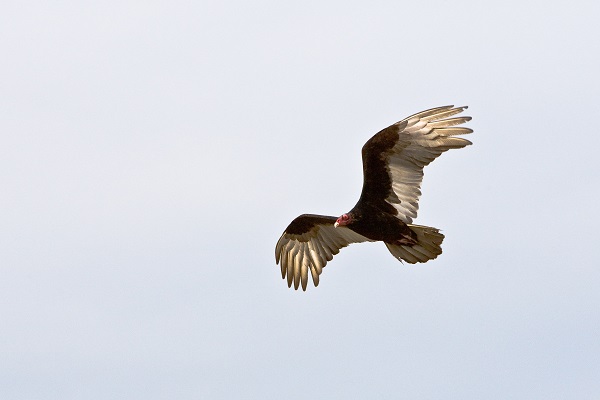
Navajo Student Had to Remove Eagle Feathers from Her Cap Before High School Graduation
- By Alison Lesley --
- 28 Jun 2019 --

Student wanted display a sign of respect for her culture
A young Native American woman was told to remove her culturally symbolic feathers at her graduation ceremony[/tweetit] before being allowed to cross the stage to receive her diploma.
Navajo Student Had to Remove Eagle Feathers from Her Cap Before High School Graduation[/tweetthis]
The Navajo woman, Tasheena Savala, was told to remove the symbol because of a rule in place on decorations on caps. Savala graduated from Lehi High School in Utah last month.
Savala wanted to display a sign of respect for her culture. However, she was blocked by a teacher who noticed the feathers backstage. When the teacher told her to remove them, Savala obliged. However, she was disappointed at being unable to represent her culture.
Savala said that the feathers were how she was expressing herself. To her, the feathers are equally as important as her gown and cap. Savala wanted to wear eagle feathers on her graduation cap.
In Savala’s culture, the elders have said: “In my culture the elders say that the eagle is the highest-flying bird and so when you see an eagle, you’re supposed to say a prayer so that the eagle can take it to the creator.” This honor must be earned in her Navajo Native American culture. Savala earned the honor by graduating high school.
hen Savala removed the feathers, the teacher thanked her for taking it off. However, Savala was upset because the feathers are a part of her identity. Savala clarified that Lehi High School administrators told the students clearly that they weren’t allowed to decorate their caps. The only leis they could wear were real flower leis.
The Alpine School District released a statement. They said that the school sent notifications out to graduates and their parents and held an informal assembly explaining expectations for the formal graduation before the May graduation ceremony. Any exceptions to the procedures had to be addressed to the administration before the graduation ceremony. The school was unaware of Savala’s request and defended the teacher by saying that the teacher was following the set procedure by the school. The school said that they would continue to study as well as refine their graduation processes and procedures so that something like this doesn’t happen again.
On the bright side, Savala said that she enjoyed her graduation and hoped that her experience would enforce a change for other Native American students. She expressed her wishes that her brother, who is a year younger than her, would be able to share his cultural identity in the way that he’d like.



















